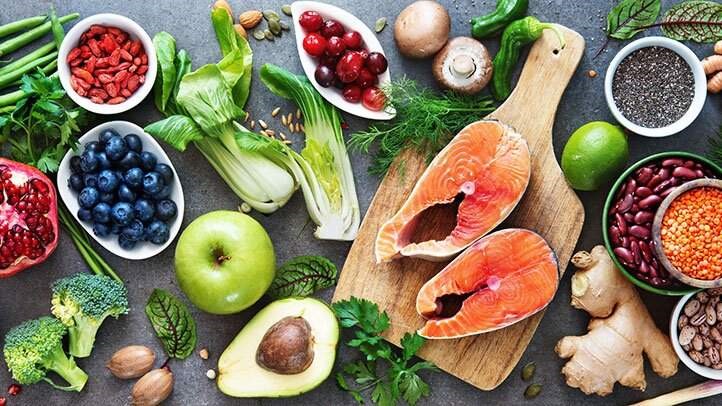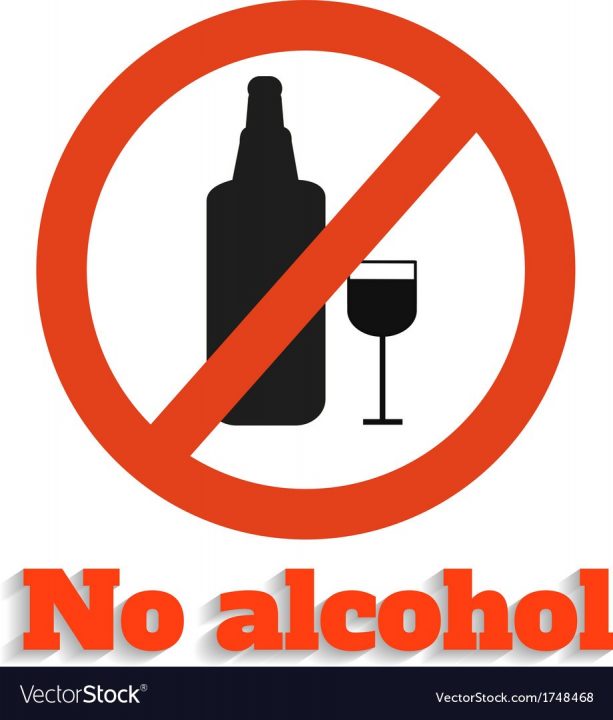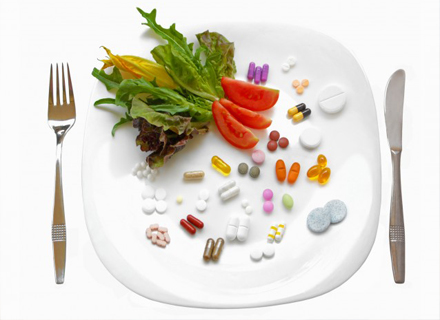General tips after surgeries foods and medications : All of us have some bad habits, we should avoid them after surgeries for best result, medications are the most important part of this article.
Table of Contents
ToggleFood and medications you need to avoid
Don’t use medications containing aspirin or ibuprofen (Advil, Motrin IB, others) for two weeks before and after surgery. These medications may increase bleeding. Take only those medications which your surgeon has recommended. Also avoid herbal remedies and over-the-counter supplements.
If you smoke, stop smoking. Smoking slows the healing process after surgery and may make you more likely to get an infection.
Read More: Rhinoplasty in Iran

General tips after surgeries foods and medications
After the surgery you need to rest in bed awithnd your head should be higher than your body , to reduce bleeding and swelling. Your nose may be congested because of swelling or from the splints placed inside your nose during surgery.
In most cases, the internal dressings remain in place for one to seven days after surgery. Your doctor also tapes a splint to your nose for protection and support. It’s usually in place for about one week.
Slight bleeding and drainage of mucus and old blood are common for a few days after the surgery or after removing the dressing. Your doctor may place a “drip pad” — a small piece of gauze held in place with tape — under your nose to absorb drainage. Change the gauze as directed by your doctor. Don’t place the drip pad tight against your nose.
To decrease the chances of bleeding and swelling, your doctor may ask that you follow precautions for several weeks after surgery. Your doctor may ask you to:
- Avoid heavy activities such as aerobics and jogging.
- Take baths instead of showers while you have bandages on your nose.
- Not blow your nose.
- Eat high-fiber foods, such as fruits and vegetables, to avoid constipation. Constipation can cause you to strain, putting pressure on the surgery site.
- Avoid extreme facial expressions, such as smiling or laughing.
- Brush your teeth gently to limit movement of your upper lip.
- Wear clothes that fasten in the front. Don’t pull clothing, such as shirts or sweaters, over your head.
After the surgery
In addition, don’t rest eyeglasses or sunglasses on your nose for at least four weeks after the surgery, to prevent pressure on your nose. You can use cheek rests, or tape the glasses to your forehead until your nose has healed.
Use SPF 30 sunscreen when you’re outside, especially on your nose. Too much sun may cause permanent irregular discoloration in your nose’s skin.
Some temporary swelling or black-and-blue discoloration of your eyelids can occur for two to three weeks after nasal surgery. Swelling of the nose takes longer to resolve. Limiting your dietary sodium will help the swelling go away faster. Don’t put anything such as ice or cold packs on your nose after surgery.
Your nose is changing all the time whether you have surgery or not. For this reason, it’s difficult to say when you have obtained your “final result.” However, most of the swelling is gone within a year.

Feed Your Appetite…Carefully
Sometime after surgery, often as soon as the effects of the anaesthesia wear off, most patients have an appetite. This is to be expected, as fasting prior to surgery is a must. In my experience, patients do best tolerating soft, bland. Your body will let you know when you’re ready for more.
Easy, comforting foods include:
Clear broth (if you are hungry, but also nauseated)
Yogurt
Oatmeal
Don’t Ignore Your Digestion
Constipation is common after. It’s caused by a combination of things connected to rhinoplasty:
Medications
Limited diet
Lack of exercise
You can give your colon a hand by making sure you’re getting enough fibre. Oatmeal is comforting and its loaded with fibre. Well-cooked vegetables such as carrots are another good choice and they can amp up the nutrition in your soup.
Some Like It Hot, But Not You
Extreme temperatures can trigger extreme discomfort. The last thing you want to do while you’re healing from your nose surgery is burn your mouth on hot soup. Cold can be just as bad. An ice cream headache compounded by the discomfort of a healing nose is something you want to avoid.
Chewy Gooey : General tips after surgeries foods and medications
Your mouth and jaw aren’t the only parts of your body involved in chewing tough, gooey food. Your nose moves a bit with every bite. Normally this would not be a problem. When you’ve just had surgery, however, you want to keep your nose as still as possible to reduce the possibility of complications.
Don’t worry. The “No Gooey, No Chewy” rule isn’t forever. In fact, you can eat most foods within a week or two of surgery. Just stay away from caramel, gum, or a hearty steak until you get a green light from your surgeon.
Take a Break from Alcohol & Caffeine
Alcohol and caffeine are enemies of a good surgical outcome and should be avoided both before and after rhinoplasty. Alcohol is a blood thinner. It can put you at increased risk for bleeding after surgery. Alcohol also opens you up to the risk of swelling and hematoma.
Caffeine also affects blood, sometimes increasing blood pressure to an unsafe degree. Talk to your surgeon about how you react to caffeine and get his/her advice on when to start and stop enjoying your daily cup of Joe.

Home Cooking to Avoid Salt After the surgery
When you’re on the mend from surgery, pre-prepared foods may seem like an easy way to get the nutrition you need. They are, but here’s the problem: prepared foods often contain massive amounts of salt. Sodium intake leads to water retention, which can contribute to swelling. If you prepare food at home, you can control the amount of salt you’re getting.
What Do YOU Need?
Assessing your dietary needs and resolving your post-surgical eating issues are just part of what Dr Marcells and our team do to ensure that our patients have a great recovery. If you’re looking for dedicated medical professionals to provide you with great care before, during, and after a nose job, we invite you to contact us today for a short-date consultation.

